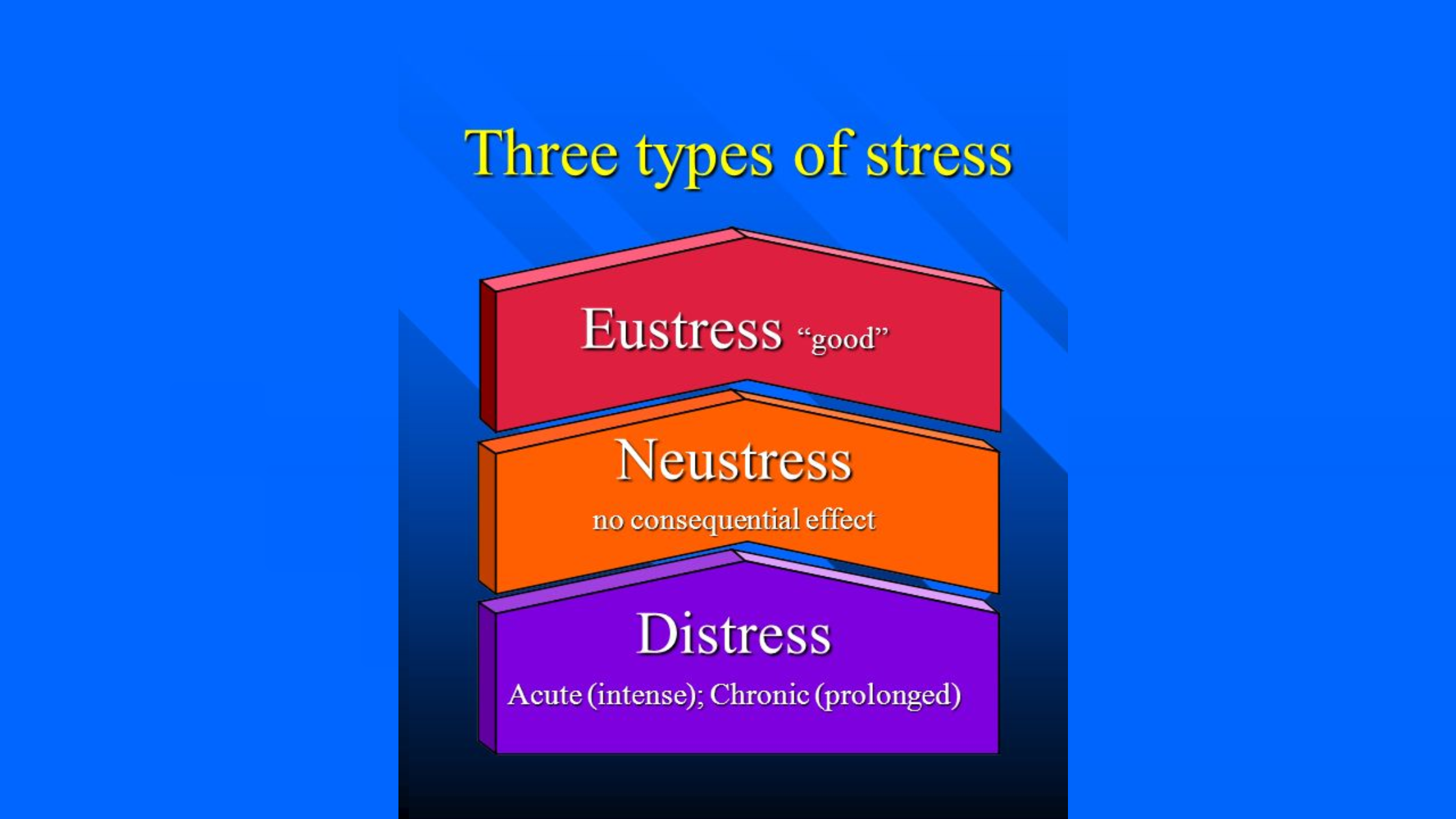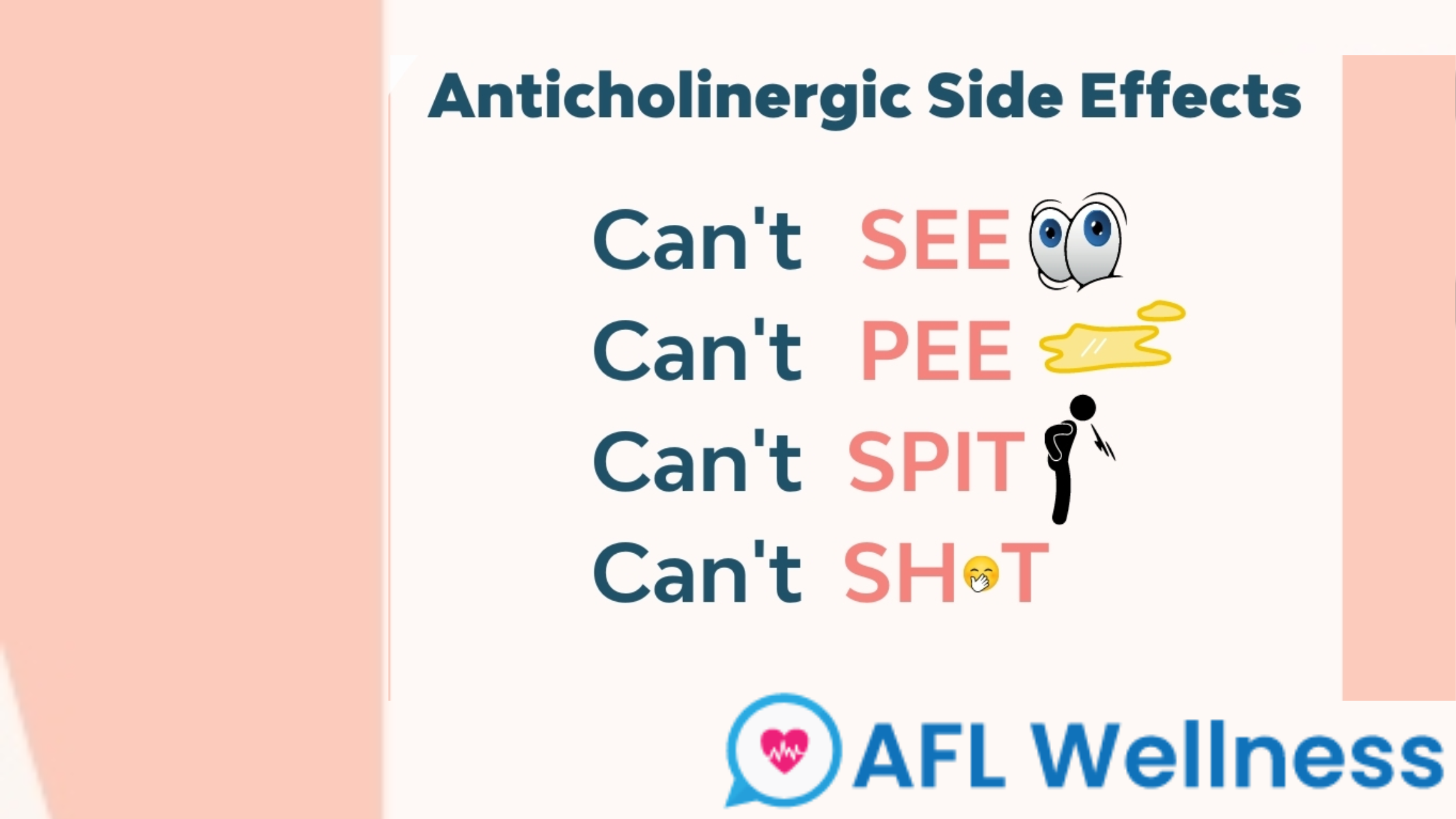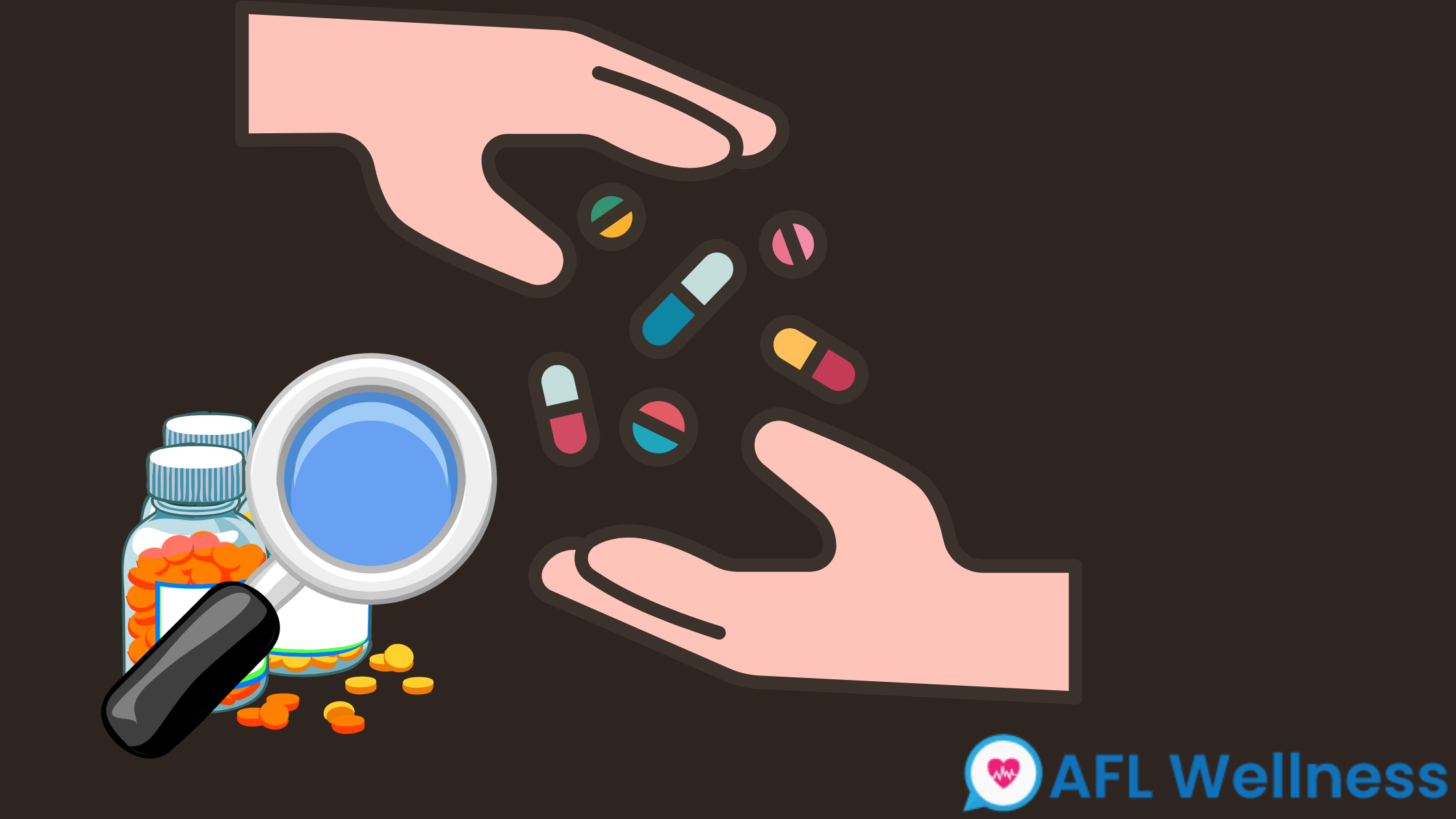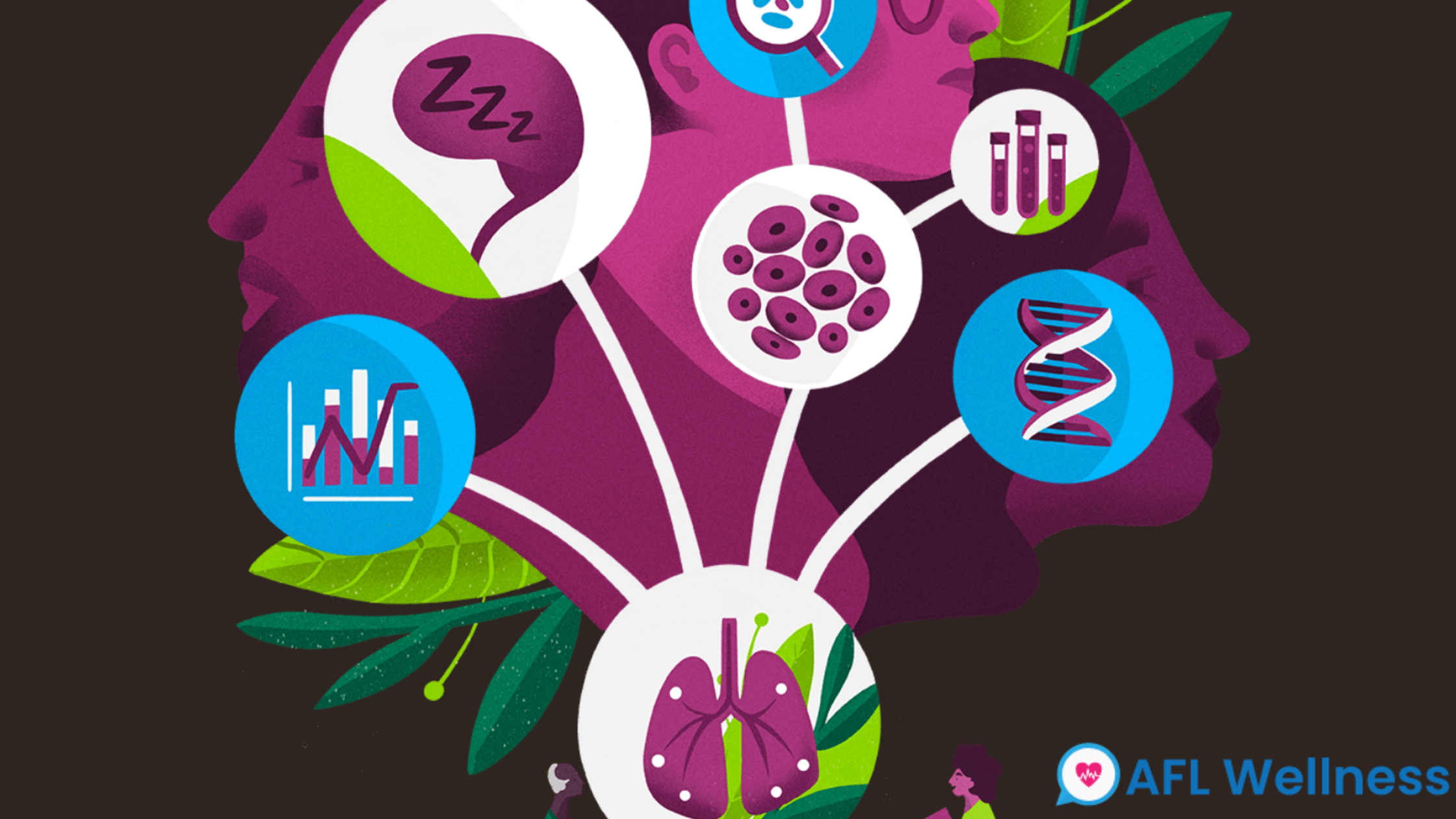
January 30, 2026
Schizophrenia
Schizophrenia is a serious mental condition in which victims see reality in odd ways. Schizophrenia can include illusions, delusions, and profoundly illogical thoughts and actions, which can make it difficult to go about everyday tasks and be incapacitating.
Patients with schizophrenia require constant care. Early management may hopefully maintain symptoms tolerable before severe complications occur and may improve the outlook in the long term.
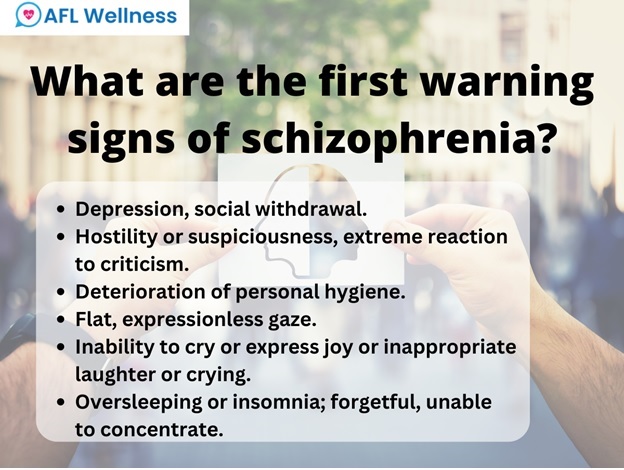
Schizophrenia Symptoms
Schizophrenia is characterized by a variety of problems with behavior, emotions, and thinking (cognition). Although there are several indications and symptoms, they often include delusions, hallucinations, or difficulties speaking and suggest a decreased ability for function. Some symptoms include:
- These are erroneous assumptions that are not supported by reality. For instance, you feel threatened or tormented; you target specific gestures or remarks; you are famous or gifted; you are in love with someone else; or a severe disaster is about to happen. The majority of those with schizophrenia have delusions.
- These often entail observing or imagining voices that are not real. However, the whole power and effect of a regular event are present in the individual with schizophrenia. Although hallucinations can occur in any sense, having hallucinations is the most typical type.
- Inefficient thinking (speech). From the disordered speech, one might infer disorganised thought. Questions may not be fully or partially answered in relation to one another, which might hinder effective communication. Sometimes, speech may include combining incomprehensible words to create what is known as a "word salad."
- Extreme disarray or unusual motor activity. Numerous behaviors, such as juvenile silliness or irrational agitation, may be displayed as a result. It is difficult to perform activities when action is not the aim focused. Inappropriate or defiant behavior is one type of behavior. Behavior examples include defiance toward directives, peculiar or inappropriate postures, a full lack of response, or unneeded and excessive activity.
- Negative signs. This describes a diminished or absent capacity to carry out routine tasks. For instance, they might not take care of their personal hygiene or exhibit a lack of emotion by speaking monotonously, avoiding eye contact, or changing their facial expressions. Additionally, the person can stop enjoying routine tasks, withdraw socially, or be incapable of enjoying themselves.
Types of schizophrenia
There are several disorders that might cause schizophrenia. It is a phrase used to categorise a number of illnesses of the mind that are on the same spectrum. According to the individual's symptoms, there are a number of different types of schizophrenia. Still, generally speaking, the main types include paranoid schizophrenia, catatonic schizophrenia, disorganised or hebephrenic schizophrenia, residual schizophrenia, and undifferentiated schizophrenia.
The form of schizophrenia that is most frequently overdone in media and films is paranoid schizophrenia. The positive symptoms of schizophrenia, such as delusions and hallucinations, often describe this most prevalent kind of schizophrenia.
Movement is required in this uncommon kind of schizophrenia, which makes it distinct. While catatonia can be an illness unto itself, those who suffer from catatonic schizophrenia frequently exhibit negative symptoms of schizophrenia and are unresponsive. They might not respond to stimuli, maintain abnormal body postures, perform bizarre movements, or even possess inflexible limbs that will remain in the place that is moved to.
Because of the messy speech and behavior that hebephrenic schizophrenia patients typically exhibit, the condition is also known as disorganised schizophrenia. They could also exhibit incorrect emotional behavior or show no emotion at all.
When a person has a record of favorable schizophrenia symptoms but is currently only experiencing persistent negative symptoms or none, this is referred to as residual schizophrenia. Poor focus, mental disarray, and emotional detachment are possible ongoing effects.
- Paranoid Schizophrenia
- Catatonic Schizophrenia
- Hebephrenic or Disorganized Schizophrenia
- Residual schizophrenia
- Undifferentiated Schizophrenia
When a person encounters symptoms of more than one type of schizophrenia, they may not fall under any of the other categories for schizophrenia and are instead labelled as having undifferentiated schizophrenia. These persons could display both good and harmful symptoms.
What are schizophrenia causes?
The actual cause of schizophrenia disease is unknown; however, genetic, physiological, and environmental variables are thought to play a role.
- Genetics (heredity): Parents may pass on to their offspring a propensity to develop schizophrenia disease. This makes you more likely than the average population to acquire the condition. This does not, however, ensure that the condition will be inherited.
- Brain chemistry: There may be an unbalance with certain substances in the brain in people with schizophrenia or schizophreniform disease. These compounds, known as neurotransmitters, aid in the communication between brain nerve cells. The delivery of information can be hampered by a mismatch in these substances, which might result in symptoms.
- Environmental factors: Evidence shows that some environmental conditions may cause schizophrenia disorder in those who have a hereditary propensity to acquire the illness. These elements could include a very stressful situation or bad social connections.
Schizophrenia treatment
Even after the symptoms of schizophrenia have subsided, treatment is still necessary for life. The condition can be managed with medical care and psychosocial therapy. In some circumstances, hospitalization may be needed.
Typically, a psychiatrist with experience treating schizophrenia directs care. In order to coordinate care, the treatment team may additionally comprise a therapist, psychiatric nurse, psychiatric nurse, and potentially a case manager. The full-team technique could be offered at clinics with experience treating schizophrenia.
- Medications
The most often given medicines for schizophrenia are antipsychotics, which are the foundation of the condition's therapy. The brain chemical dopamine is likely to be affected, which helps to manage symptoms. Antipsychotic drug therapy aims to treat symptoms and indicators as efficiently as possible while using the least amount of medicine. Over time, the psychiatrist may experiment with various medications, dosages, or combinations to get the desired effect. Antidepressants and anxiety medicines are two other meds that might be helpful. The symptoms could become better for a few weeks before you notice.
- Hospitalization
Hospitalization could be required to guarantee safety, enough nourishment, sufficient rest, and fundamental cleanliness during crisis situations or moments of severe symptoms.
- Electroconvulsive treatment
Electroconvulsive treatment (ECT) may be an option for individuals with schizophrenia who don't respond to medication therapy. For an individual who also experiences depression, ECT could be beneficial.
Is it possible to prevent schizophrenia disorder?
The short-term psychotic disorder known as schizophrenia disorder is a dangerous mental illness that can affect how you:
- Demonstrates emotion.
- Recognize reality
- Connect with others.
There is currently no known strategy to lower your chance of developing schizophrenia disease. However, an early diagnosis and course of therapy might lessen the impact on your relationships with friends, family, and coworkers.
Here's where we come in:
AFL Wellness provides a wide range of treatment facilities that can handle mental health illnesses of all forms and severity. In India, we have the most beds available specifically for addressing mental health issues.
We provide complete rehabilitative therapy, inpatient alternatives, and OPD consultations for schizophrenia patients. At our treatment facilities, we constantly strive to improve the chances of your recovery. The rehabilitation methodology we utilise focuses on figuring out how the disease is impacting your life and addressing the barriers it puts in your way.
Additionally, we provide Schizophrenia treatment that has been scientifically proven, with an emphasis on assisting patients in reintegrating into society and regaining full functioning.


